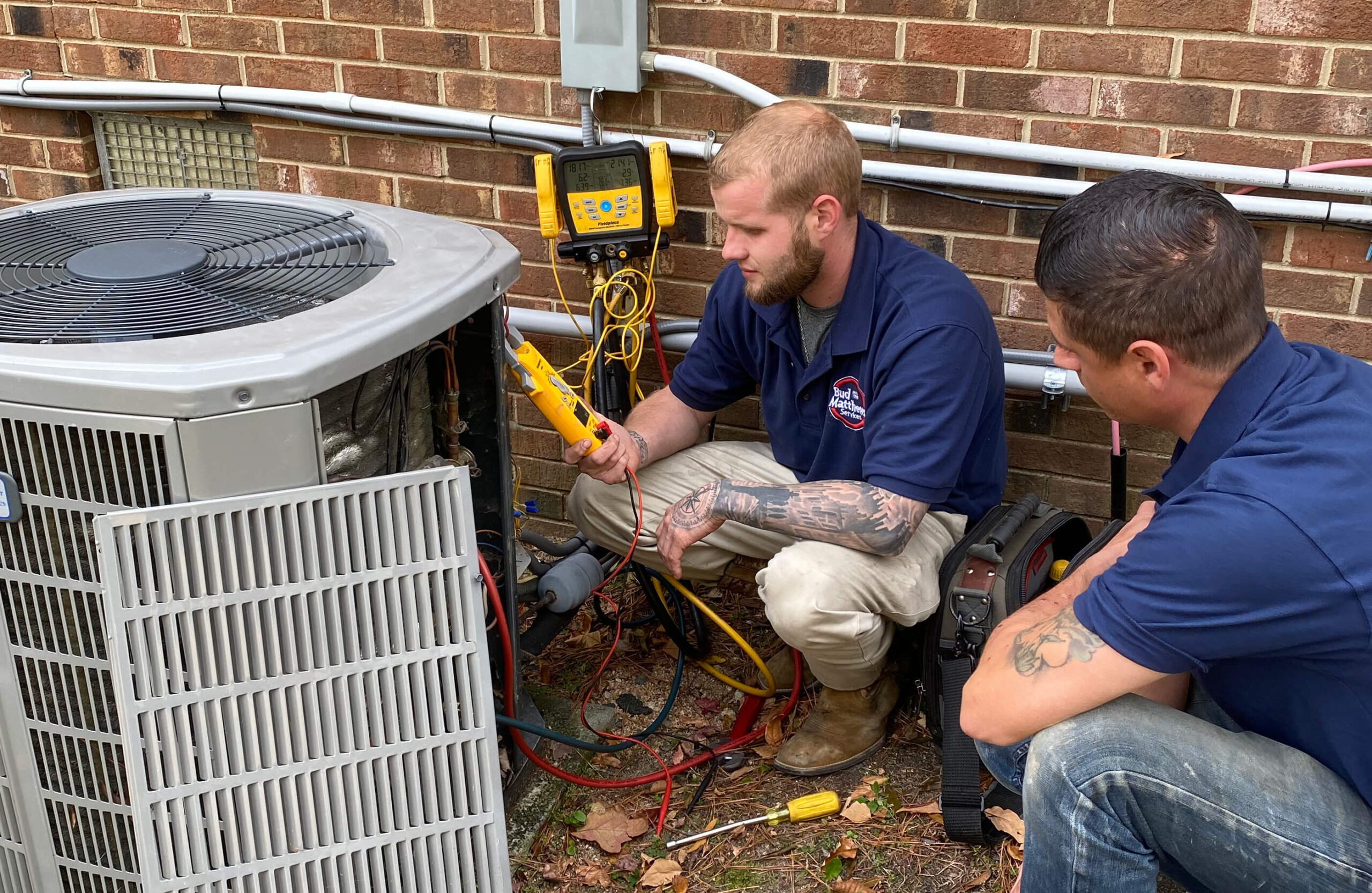Heat Pump Water Heater vs. Electric Water Heater
![]() Not all homes have a connection to a municipal natural gas line and must run entirely from electricity. Although electricity is more expensive an energy source than natural gas when it comes to powering appliances such as the furnace, oven, and stove, it’s readily available and decreases safety concerns connected with natural gas. Plus, using electricity doesn’t have to be as expensive as it might seem at first. Smart energy use and high-efficiency appliances (always look for the ENERGY STAR label!) can keep bills in check.
Not all homes have a connection to a municipal natural gas line and must run entirely from electricity. Although electricity is more expensive an energy source than natural gas when it comes to powering appliances such as the furnace, oven, and stove, it’s readily available and decreases safety concerns connected with natural gas. Plus, using electricity doesn’t have to be as expensive as it might seem at first. Smart energy use and high-efficiency appliances (always look for the ENERGY STAR label!) can keep bills in check.
We’re going to look at an important appliance choice for an all-electric home: what type of water heater to install. Gas water heaters are powerful and inexpensive to run, but what type of water heater will work best for a home that only has electricity? There are two big options, an electric water heater or a heat pump water heater?
What’s the difference between them?
Despite the names, both electric and heat pump water heaters run entirely from electrical power. When we talk about an electric water heater, we’re referring to the common kind of water heater powered by electricity. This is a tank system that contains electrical heating elements inside it. The heating elements are coils that heat up as voltage passes through them. This is electrical resistance heating, and it’s the same effect you see with the coils in a toaster or the heating elements in an electric oven.
A heat pump, on the other hand, doesn’t use electrical power to directly heat the water. Instead, it powers components to cycle refrigerant through the system. Like a standard heat pump for home comfort, the heat pump on the water heater uses the refrigerant to absorb heat from the air around the water heater. This heat is then released into a heat exchanger and transferred into the water of the heat pump. A short way of looking at this: electricity is used to move heat, rather than create it.
Is one better than another?
Not necessarily. As with almost any type of important appliance in a home that provides comfort, there is no “one size fits all” answer to the best water heater. However, there are many good reasons to consider a heat pump water heater if your house is all-electric.
The main advantage of a heat pump system is that it consumes less electricity on average than an electric water heater. It takes less power to move heat than to generate it. According to ENERGY STAR, the annual savings for a household that switched from an electric water heater to a heat pump one range from $160 for two-person household (a 5 year payback period) to $490 for six-person household (a 1½ payback). This can mean a system lifetime savings of $1,320 to $5,500.
However, the heat pump must have sufficient warmth around it to work efficiently. The range should be between 40ºF and 90ºF. Before you decide on a water heater type, have an expert see if it will work with the climate in the space where it will be housed.
We install and service many types of water heaters in Durham, NC and the surrounding areas. Arrange with us for your water heater installation!
For all your home service needs in the Durham area, look to Bud Matthews Services!










